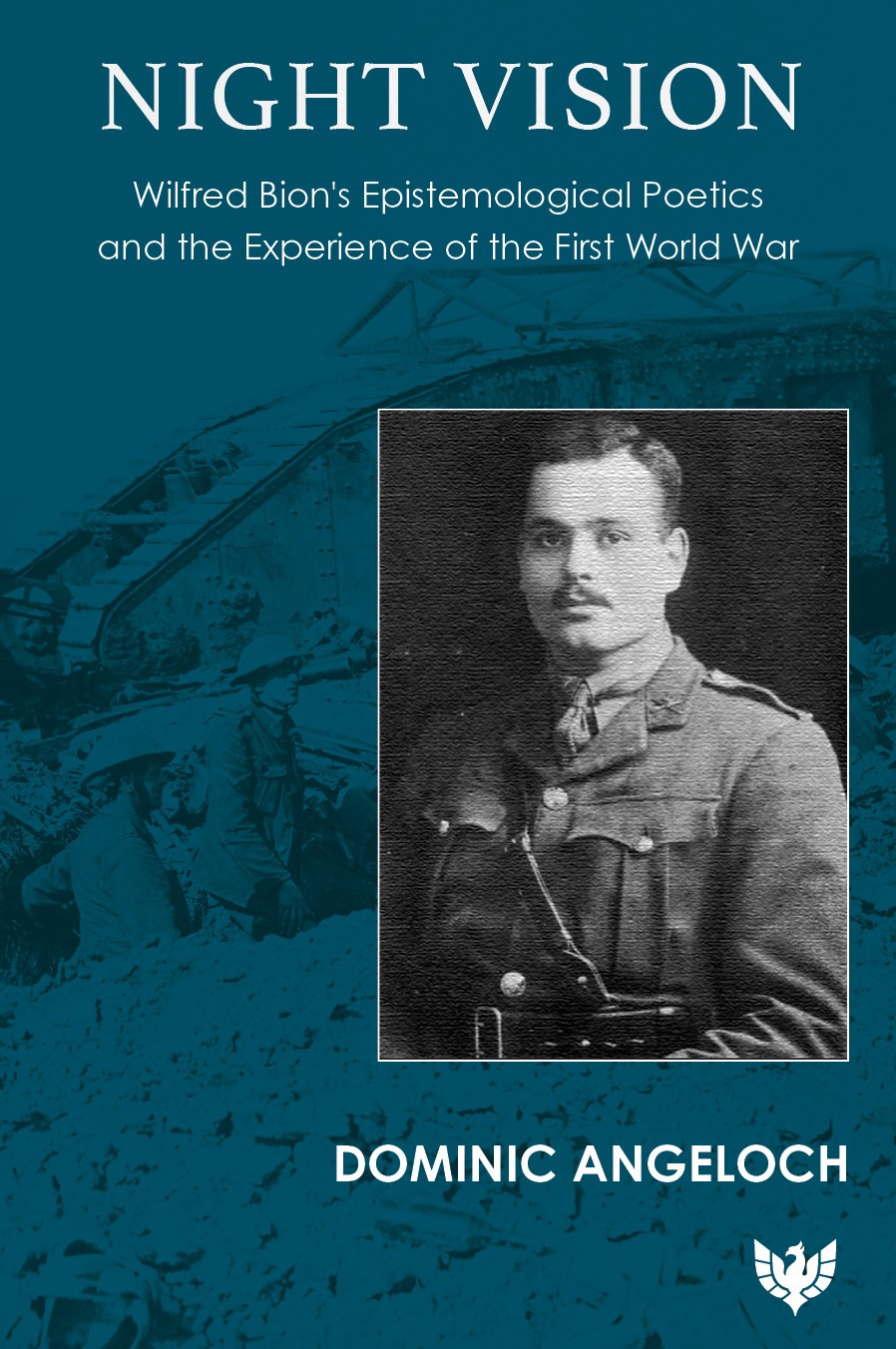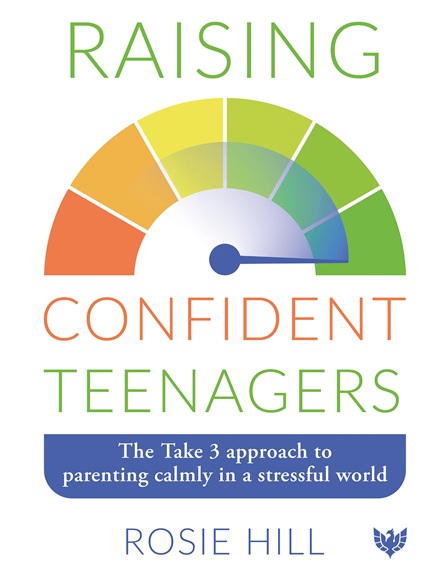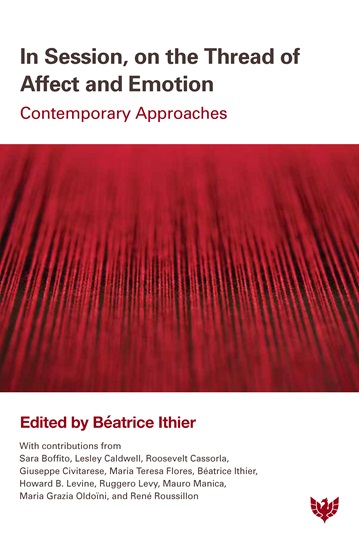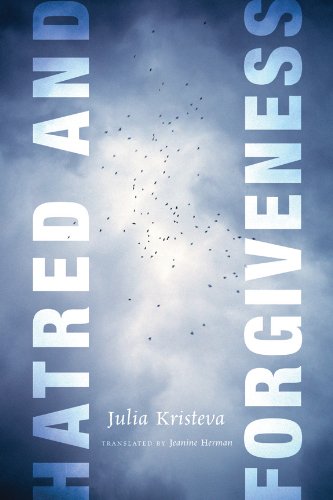Night Vision: Wilfred Bion's Epistemological Poetics and the Experience of the First World War

Book Details
- Publisher : Karnac Books
- Published : April 2025
- Cover : Paperback
- Pages : 248
- Category :
Psychoanalysis - Category 2 :
Forthcoming - Catalogue No : 98092
- ISBN 13 : 9781800133112
- ISBN 10 : 1800133111
There are currently no reviews
Be the first to review
The first comprehensive study of Wilfred Bion’s autobiographical and literary writings: an in-depth analysis of how, throughout his life, Bion sought a narrative form for his traumatic experiences as a tank commander in the First World War, and how he developed a unique writing style aimed at generating insight and cognition.
All his life, Wilfred Bion strove to find a narrative form for the traumatic experiences he went through as a tank commander in the First World War. The body of his autobiographical and literary works documents his efforts to wrest a biography of his own from the most devastating processes of world history. As a whole, it is the result of a lifelong struggle to express something unspeakable, to restore something destroyed. What emerges is something like the prehistory of the psychical catastrophe from which Bion was unable to escape until his death. As such, however, these autobiographical fragments also reflect the prehistory of the historical catastrophe under whose spell the world still stands today.
This book is the first comprehensive study of Bion’s autobiographical and literary writings. Drawing on the concepts of experience and thinking developed in his theoretical and clinical works, with which they are genetically linked, it discusses Bion’s strategies of writing and cognition, and for the first time systematically places a hitherto unexplored part of his work in the context of his entire œuvre.
Following the chronological thread of his life, from childhood in India through youth in England to his experience of the First World War in France and Belgium, the book traces how Bion developed his unique method of writing. Detailed narrative analyses reveal the painful work of coming to terms with the war experiences which had haunted him throughout his life – a crippling trauma whose causes extended far beyond the individual and private. The book thus provides deep insights into Bion’s life, his thinking, and his writing, and offers the reader a portrait of the primal catastrophe of the twentieth century and its devastating effects.
Reviews and Endorsements
This remarkable text considers the almost impossible dialectic between traumatic experience and written text. It deals with Bion’s personal struggle, all his life, to manage his unmanageable war experience. It is traced through his various expositions, especially his literary/autobiographical writing. In the process, Dominic Angeloch accepts the challenge of capturing and expressing Bion’s distress in the wider and impressive landscape of historical and poetic cultures.
R. D. Hinshelwood, University of Essex
Most books about Wilfred Bion refer to his theories and how he integrates Freud and Melanie Klein. Dominic Angeloch goes beyond this unifying reading. He enriches these views by Bion’s paradoxical instruction for therapists to have “no memory, no desire” alongside another recommendation for “thinking under the fire”, which becomes most instructive. It refers to Bion’s memory of horrible war experiences. A new level of Bion studies is achieved by integrating epistemology, art, and biographical perspective. This book leads us to enter the dark and the unknown so we are “seeing Bion’s darkness”. It was a serious omission from our understanding of Bion but now you hold it in your hands.
Professor Dr Michael B. Buchholz, International Psychoanalytic University (IPU), Berlin, Germany
In the expanding body of literature on Bion and his thought, a careful, in-depth examination of his autobiographical writings has long been missing—until now. With both authority and heartfelt engagement, this book fills that void, drawing readers deep into Bion’s narrative style, especially when he ventures into profoundly personal territory and revisits the most dramatic chapters of his life. From the wrenching separation from his mother in India to his harrowing wartime experiences at the age of eighteen, we gain invaluable insight into his psychoanalytic vision and the singular way he approached the world. As these pages unfold, we are not merely introduced to the private dimensions of Bion’s lived experience; we are offered a key to understanding the very heart of his psychoanalytic thought—a conceptual framework centred on emotional experience, the unknown, and the infinite. Night Vision: Wilfred Bion's Epistemological Poetics and the Experience of the First World War further illuminates the depth of Bion’s ethical commitment and his fierce repudiation of any “religion” disguised as psychoanalysis. I cannot recommend this extraordinary work highly enough. It stands as the finest introduction I know to the man himself—his character, his personality, and the enduring legacy of his thought.
Giuseppe Civitarese, author of On Arrogance: A Psychoanalytic Essay
What does it mean to write one’s life interminably yet be unable to tell it? This question is central to the work of Wilfred Bion, one of the most significant psychoanalysts of the twentieth century, and one he endured in repeated attempts to narrate his catastrophic experience of “psychic death” as a tank commander in the First World War. In this extraordinary study, comparable to W. G. Sebald’s On the Natural History of Destruction, Dominic Angeloch, an expert in comparative literature and on Bion, gives compelling narrative analyses of Bion’s different versions of his central trauma. In this, Angeloch pursues a “poetics of cognition”: What form of words can be used to describe the experiences we are unable to think? And what can literature reveal to us of the ways we have grappled more broadly to narrate a catastrophic modernity?
Matt Ffytche, editor of Psychoanalysis and History, co-editor of Psychoanalysis in the Age of Totalitarianism
Table of Contents
About the author
Introduction
Part I - Experience, cognition, writing—and their failure: Philosophical, psychological, philological aspects
1. Night vision
2. Dangers of understanding: Virgil’s Palinurus as an allegory of cognition
Virgil’s Palinurus
Bion’s Palinurus
Eclipse of Palinurus
Part II - Wilfred Bion’s epistemological poetics
3. Wilfred Bion’s “late work”: Autobiography and “literary turn”
Biography: Childhood in India, youth in England, First World War
On the structure of Bion’s autobiographical writings
The Long Week-End 1897–1919 and War Memoirs 1917–1919
All My Sins Remembered: Another Part of a Life
The trilogy of novels: A Memoir of the Future
The presence of the past in a dream that interprets itself
Dream–dream interpretation—“construction”—dream text
“The only thing I am not quite clear about …”—Bion’s theory of the dream
A first step in a new language
Entering into the unknown
4. “Psychological impossibilities”: Childhood and child’s experience in Wilfred Bion’s The Long Week-End
5. “A sense of disaster, past and impending”: Youth and boarding school life in England before the First World War
Experiences beyond description: “Such cataclysmic disasters cannot be described”
Close reading: The Long Week-End, “England”, Chapter 1
“Misery at school had a dynamic quality”: Everyday life in the boarding school panopticon
Glory and flannel: “England at war. Myself with nothing but my tiny little public school soul”
Part III - Wilfred Bion’s epistemological poetics and the experience of the First World War
6. A sub-thalamic fear”: Wilfred Bion’s War Memoirs 1917–1919
Bion’s War Memoirs 1917–1919 and “a great unsolved puzzle”
Palimpsests
Memory is figurative communication of emotional experience
“I died there”: Life after (psychical) death
“The ghosts look in from the battle again”: The psychological catastrophe of survival
The “Amiens” report of 1958: Another attempt to describe the indescribable
Crater landscapes
How to describe the indescribable?
The silence in the combat breaks
“Cracking up”
“I shall try to give you our feelings at the time I am writing of ”: Outlook
7. Writing the ineffable: The experience of the First World War in The Long Week-End 1897–1919
Experience and narrative
Ypres: Map and territory
Amiens: August 8, 1918
Amiens: Map and territory
Thinking under fire: Measurements in the fog of fear
Sweeting’s death
Panorama of working through a catastrophic trauma
Overview of the external events
Sweeting’s death: The first text version from the war diary of 1919
Sweeting’s death: The second text version in the “Amiens” fragment of 1958
Sweeting’s death: The third text version in The Long Week-End
“We will remember them”: A tomb for Sweeting
Postscript: (Aesthetic) experience and epistemological poetics
References
Index
About the Author(s)
Dominic Angeloch, Priv-Doz Dr phil, is senior lecturer for comparative literature at the Goethe-University, Frankfurt am Main, and managing editor of Psyche: Zeitschrift für Psychoanalyse und ihre Anwendungen (Klett-Cotta publishers). He teaches at various universities and has held professorships in comparative literature and international literatures (Ludwig Maximilian University of Munich, University of Tübingen). He is the author of numerous articles published in international journals and several books.
Customer Reviews
Our customers have not yet reviewed this title. Be the first add your own review for this title.
You may also like
Raising Confident Teenagers: The Take 3 Approach to Parenting Calmly in a...
Rosie Hill
Price £15.19
save £3.80
In Session, on the Thread of Affect and Emotion: Contemporary Approaches
Beatrice Ithier
Price £19.19
save £4.80







